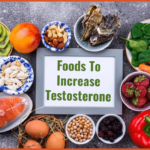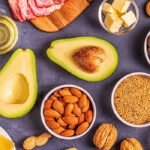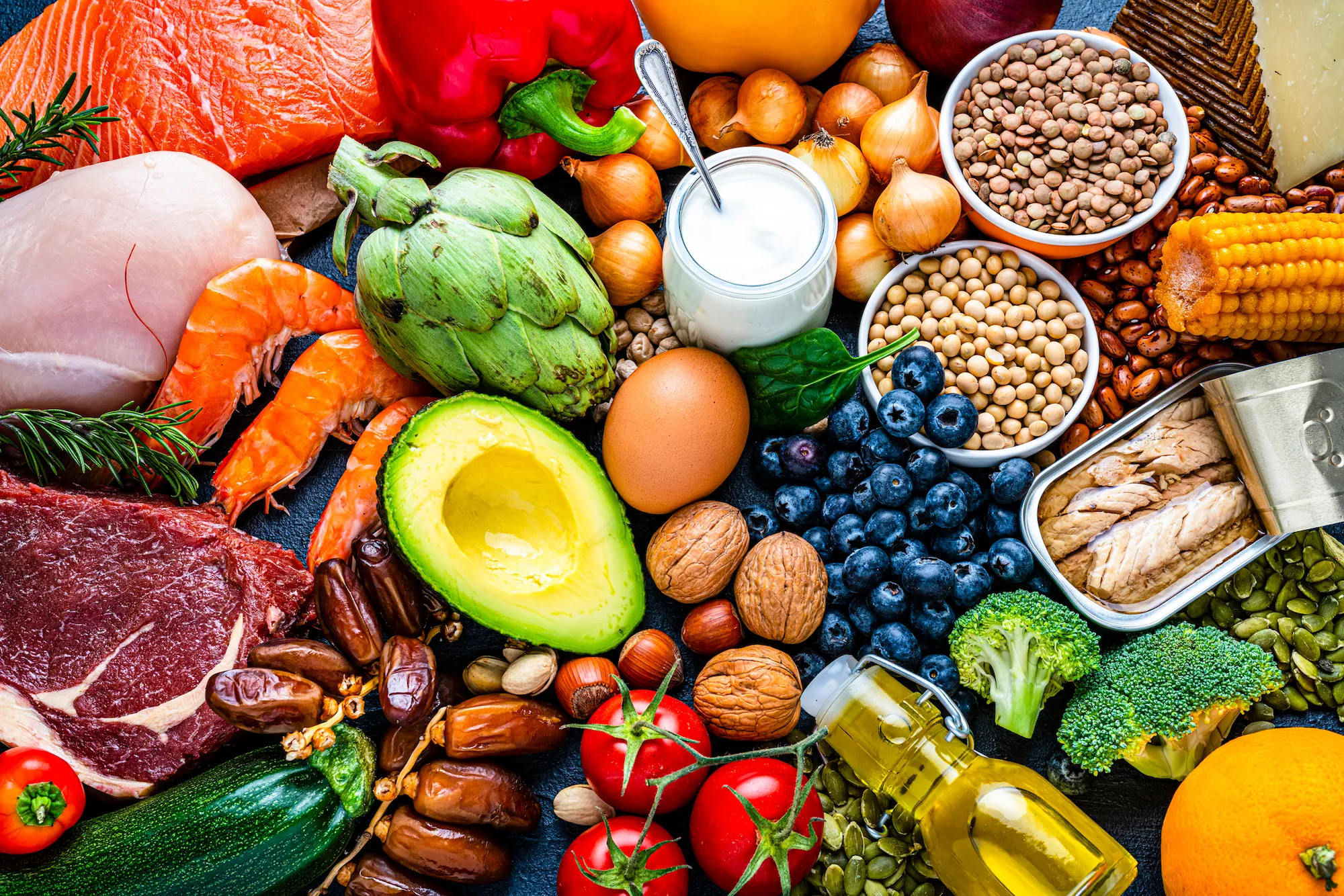Eating a healthy vegetarian diet involves focusing on plant-based foods while ensuring you get all the necessary nutrients. Here are some tips to help you eat healthy on a vegetarian diet:
- Include a variety of fruits and vegetables: Aim to have a colorful plate by incorporating a wide range of fruits and vegetables. They provide essential vitamins, minerals, antioxidants, and fiber.
- Include a variety of protein sources: While meat is excluded from a vegetarian diet, you can still obtain adequate protein from sources such as beans, lentils, chickpeas, tofu, tempeh, seitan, edamame, quinoa, and Greek yogurt.
- Choose whole grains: Opt for whole grains like brown rice, quinoa, whole wheat bread and pasta, oats, and barley. They offer more fiber, vitamins, minerals, and antioxidants than refined grains.
- Include sources of healthy fats: Incorporate sources of healthy fats such as avocados, nuts, seeds, olive oil, and fatty fish like salmon (if pescatarian). These fats are important for brain health, hormone production, and nutrient absorption.
- Don’t forget about calcium: Dairy products are a common source of calcium, but if you follow a vegan diet, choose fortified plant-based milk alternatives like soy milk or almond milk. Other sources of calcium include leafy greens, tofu, tempeh, and fortified plant-based yogurts.
- Ensure adequate vitamin B12 intake: Vitamin B12 is primarily found in animal products, so it’s important for vegetarians, especially vegans, to obtain it from fortified foods like cereals, nutritional yeast, or consider taking a B12 supplement.
- Get enough iron: Iron is found in plant-based sources like legumes, whole grains, dark leafy greens, tofu, tempeh, and dried fruit. Enhancing iron absorption by consuming vitamin C-rich foods (such as citrus fruits, bell peppers, and berries) alongside iron-rich foods can be beneficial.
- Don’t forget about omega-3 fatty acids: Include plant-based omega-3 sources like flaxseeds, chia seeds, hemp seeds, walnuts, and algae-based supplements for optimal heart and brain health.
- Minimize processed foods and added sugars: While vegetarian options like cookies, chips, and sweets can be tempting, opt for whole foods and homemade meals. Limiting processed foods and added sugars supports overall health.
- Stay hydrated: Drink plenty of water throughout the day to stay properly hydrated. Limit sugary beverages, and choose water, herbal teas, or infused water for a healthier option.
Remember, it’s essential to listen to your body’s needs and consult with a healthcare professional or registered dietitian for personalized advice and guidance on your specific vegetarian diet.











